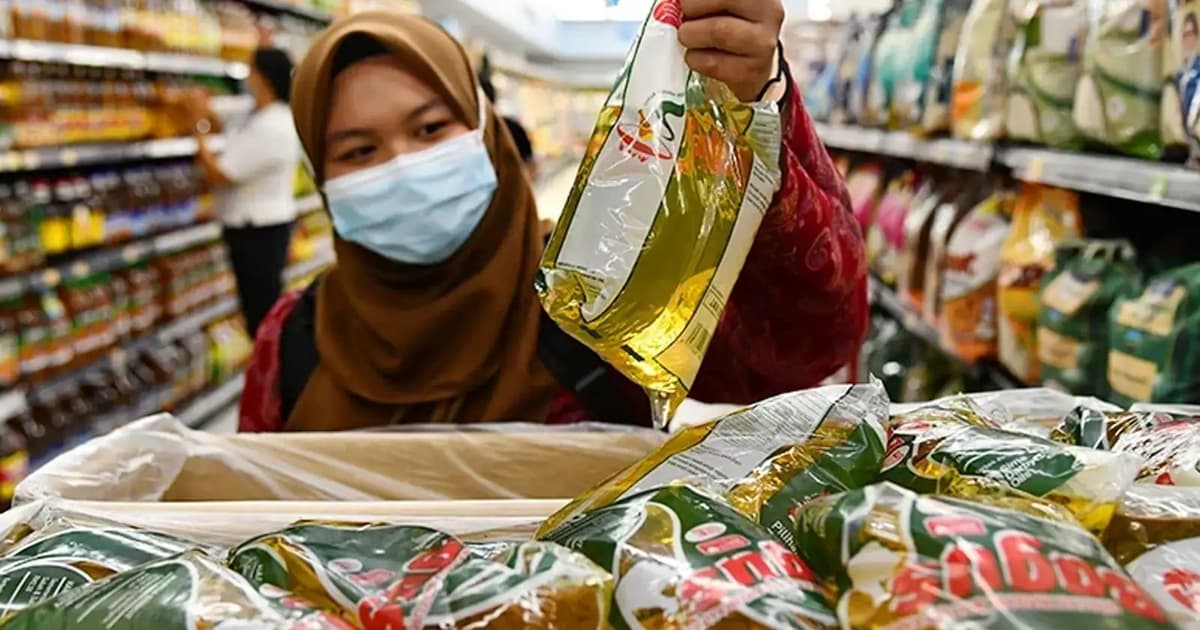
A pilot project under the Rahmah sales programme will require consumers to scan QR codes in order to purchase subsidised cooking oil.
Deputy domestic trade and cost of living minister Fuziah Salleh said the ministry wanted to gauge public response before rolling out the system nationwide.
“We are still assessing whether consumers will accept the mechanism,” she said after the soft launch of the Asean E-Commerce Conference here.
“Once we have enough information, we can expand it to all retail outlets. For now, we don’t have a timeline,” she said.
Fuziah said yesterday the government was developing an app that would require consumers to scan QR codes to buy cooking oil packets.
She said the app for the Cooking Oil Price Stabilisation Scheme System, development of which is being spearheaded by her ministry, would only allow consumers to make purchases once their citizenship is verified.
Fuziah said the system was designed to prevent foreigners from buying controlled goods such as cooking oil, which Malaysians have found increasingly difficult to obtain.
Fuziah today explained that the tracking system for subsidised cooking oil currently ends once the product reaches retailers.
“With this new system, we are adding the last link – from retailer to consumer – where the retailer provides the QR code and the consumer scans it,” she said.
Draft e-commerce bill awaiting Cabinet, AG approval
Fuziah also said the ministry had completed stakeholder engagement on the proposed e-commerce bill and was now awaiting approval from the Cabinet and the attorney-general (AG).
She said the ministry’s engagement process with stakeholders would conclude in October. The ministry started engaging stakeholders in April 2024.
“We have completed all our benchmarking, focus groups, regulatory impact assessments, and town halls, and obtained feedback from all stakeholders. The draft is ready, but it needs approval by the Cabinet and AG before moving forward.
“We hope to table the bill in Parliament by the end of the year,” she said, adding that the fast pace of e-commerce meant that even a six-month delay could be costly.






